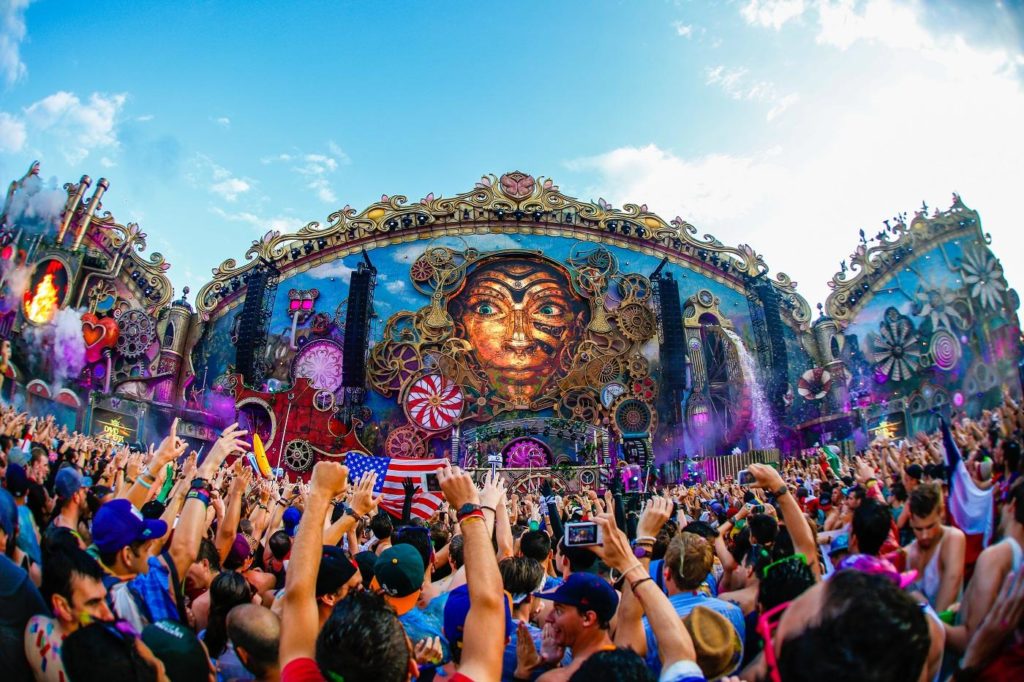The Flemish government yesterday presented its so-called Freedom Plan for the progressive re-opening of various sectors over the course of the summer, culminating in a tentative return to normality by October.
The plan was presented to a meeting of the inner cabinet of federal ministers under prime minister Alexander De Croo, with the aim of placing it on the agenda of tomorrow’s Consultative Committee.
It takes the form of a calendar of successive relaxations of the anti-Covid restrictions, month by month, in each case conditioned by the progress of the pandemic, in particular the occupation of hospital beds and intensive care units.
Here are some of the proposals presented by Flemish minister-president Jan Jambon and his coalition, according to what we know so far:
June: The full opening for restaurants and bars, indoors and outdoors, on condition that the number of occupied beds nationwide is lower than 500 (latest total: 706). The closing time will be extended to 01.00 and later abandoned, but timing for those stages remains unclear.
July: Mass outdoor events allowed with up to 5,000 people present, or 3,000 if indoors, Events can be sport or culture, and the number is conditional on there being room for proper distancing. Masks will be worn.
The number of ‘close contacts,’ – people outside of the household who we are allowed to meet without masks or distancing – is increased to four or five.
For those practising sport, the number of persons present outdoors is unlimited, while 100 are permitted indoors, provided there is adequate ventilation. These numbers do not include spectators, where the number for events given above applies.
The maximum number of people allowed at a cafe or restaurant table goes up from four to ten at some point to be decided (not counting members of the same household).
Fun-shopping is again possible, as more than one person may now go shopping together. The retail industry has complained about this restriction almost as much as any other.
August: The maximum number of people allowed at outdoor events goes up to 10,000, and 4,500 indoors.
Festivals like Pukkelpop or Tomorrowland are permitted under certain conditions: possession of a ‘Green Passport’ of vaccination, negative test, or immunity. Failing that, daily testing before admission. At this stage, 80% of the population has to have been vaccinated – a milestone expected to be reached in mid-August. Non-European visitors are likely to be refused entry.
'Close contacts' increase to 10. The aim is to get rid of this concept altogether by October.
The limit on attendance at indoor amateur sports training or competition is scrapped.
The end of compulsory teleworking, although Jambon told VTM News that the new situation would never leave in fact. Numerous companies as well as public administrations have expressed the intention of reducing office space to accommodate the new reality.
September: Further developments following the summer holidays will be programmed closer to the time, dependent on the progress made thus far.
October: The end to all or most of the anti-Covid restrictions, although some are likely to remain in the background. For example, it is possible that mask-wearing will remain compulsory in hospitals and medical establishments, while some people may choose to continue using masks during flu season, when they themselves are sick or on public transport.
As mentioned above, teleworking will become a matter of course for many of those currently doing it. Companies have started to see the benefits, and by force majeure have seen off from the outdated idea that employees have to be in the office to do their jobs.

